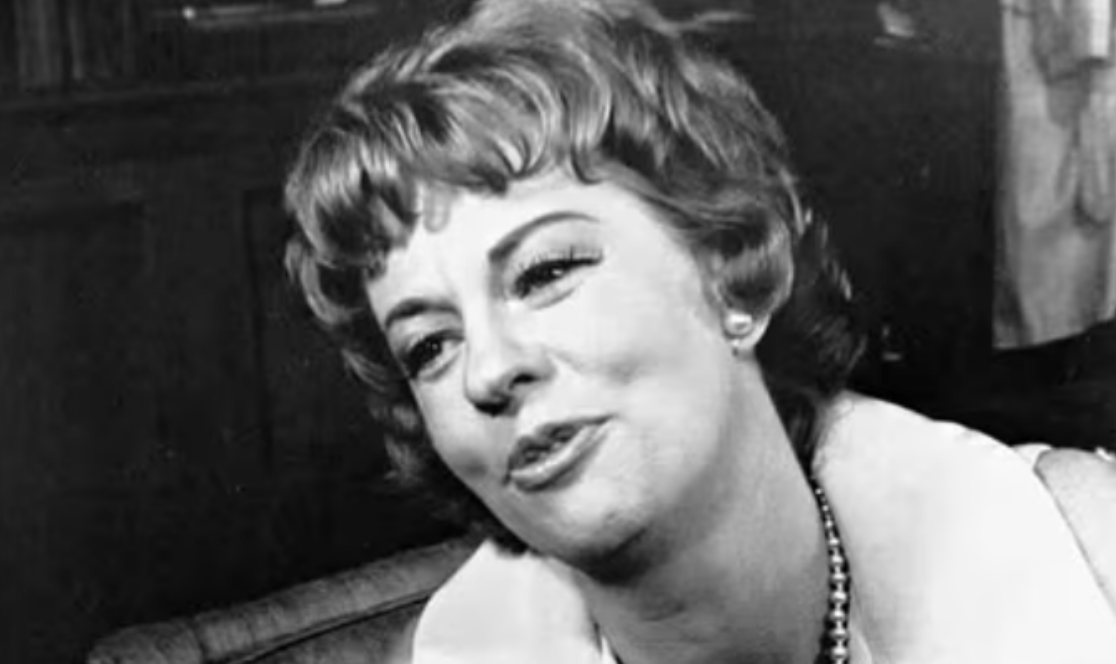
By Lena O.
"Let language mold to your tongue until it springs from your soul."
I make our own, as a declaration of intentions, a text by Uta Hagen on this art and craft, raising the anchor to set sail for the adventure of self-discovery.
"Armed with a passion for personal expression, a particular point of view and a concrete objective, the actor must acquire a mastery of his craft, otherwise all the talent and goodwill will be of no use to him.
There is a great lack of knowledge and much misinformation about the nature of this craft, more so than about the other arts. It is said that interpreting is a purely intuitive craft and does not require any technique. "You were born to be an actor", "you can't learn to act", "you can't be taught to act".These are phrases born of ignorance and prejudices that once again relegate the actor to the figure of a talented foolish child. This is the opinion of those who believe that the "tricks of the trade". are learned by performing in public. And it also seems to have spread to our unions. They accept anyone who has been hired by a stroke of luck or by a relative, with only one job behind them and no prior training or experience.
In this way our theater continues to be a mediocre art, full of slackers and imitations of prefabricated theater styles that only a few exceptional actors save, thanks to the fact that, leaving aside their talent, they know what respect is, they understand their craft and work to perfect it. We still have to overcome the negative aspects of our theatrical heritage. One of these hindrances is the belief that the only way to learn, as in the past, is to join a group of traveling actors, a fixed company or a theatrical agency as an apprentice and play short roles, sometimes advised or directed by the director or the main actors, or simply copying the style. Evidently, actors with extraordinary talent managed to survive because they knew how to develop an intuitive and very personal way of working (often unable to articulate) and relied on the experience of performing in front of an audience to grow as artists. But these were and remain the exception.
When the audience attends a ballet and watches the dancers' pirouettes, the lifts, the elasticity, the swift interludes, they are stunned by the mastery of this art and know that what they have just experienced would not have been possible if the artists had not gone through years of practice and training. When the audience goes to a concert and watches as the violinist places his instrument under his chin, presses the strings with the fingers of one hand and drags the bow with the other while playing wonderful music, they know that this is something that no one could do the same way right off the bat. And he doesn't pay attention to technique either: he just listens to the music and enjoys the ballet. When the actor's technique comes to the fore, as in the case of "efficient" and artificial theater, of studied poses, of mechanical recitation of words, often "hummed" by well-trained voices, when tears are shed for the simple reason of showing one's ability to cry in public at the right moment, when bombast and histrionics take over the atmosphere, the audience is usually impressed because they know that no one else would be able to achieve the same thing.
I admire an actor when his technique is so perfect that he becomes invisible and makes the audience feel the presence of a living human being with whom they can identify in his quirks and concerns as they are uncovered in the play. I fervently believe that when the audience recognizes a feat and realizes how it was done, it means that the actor has failed. He did not know how to use the technique well.
Unfortunately, when he succeeds, when his work communicates and his power as a living being has crossed over and reached the seats, it is then that most of the audience is convinced that they can do it too, leaving aside the recurrent: "How can they learn so much text?" Otherwise, the spectators think they are experienced critics and often lecture the actors with their "this is done this way", "this is done that way". Sometimes, the insecure actor, dazed, even listens and takes the wrong direction. The actor must know that, since he is an instrument, he must put himself at the service of the character and use it with the same dexterity with which the violinist makes music with his violin. The fact that an actor's body is not like a violin does not mean that the technique is easier to acquire. The unhealthy curiosity as to what motivates an actor to be an actor, which is continually brought out on talk shows, as well as in the endless open workshops, the superficial phrases that actors answer (often accompanied by "funny" personal anecdotes), only compounds the problem. Neither the public nor the program presenters are usually interested in hearing about a musician's finger exercises, a dancer's pliés, a painter's palette or how he applies layers of paint to his watercolors. Why should they be interested in our technique? It is our problem, not theirs. So to you, actor, who of your whole being make your instrument, I will explain what the technique is that makes our wonderful profession possible!"
The actor's techniques, by Uta Hagen.
